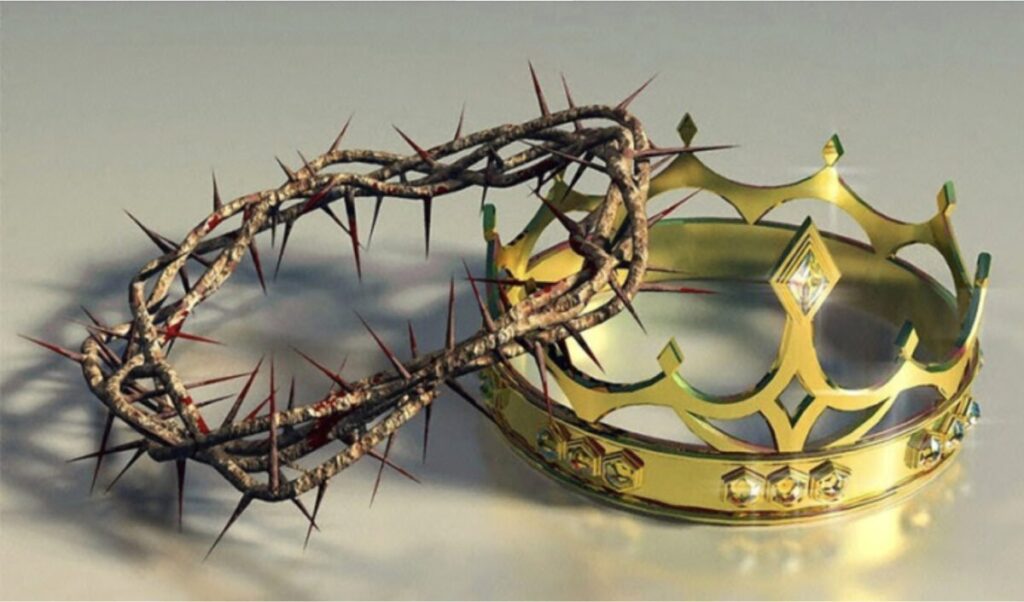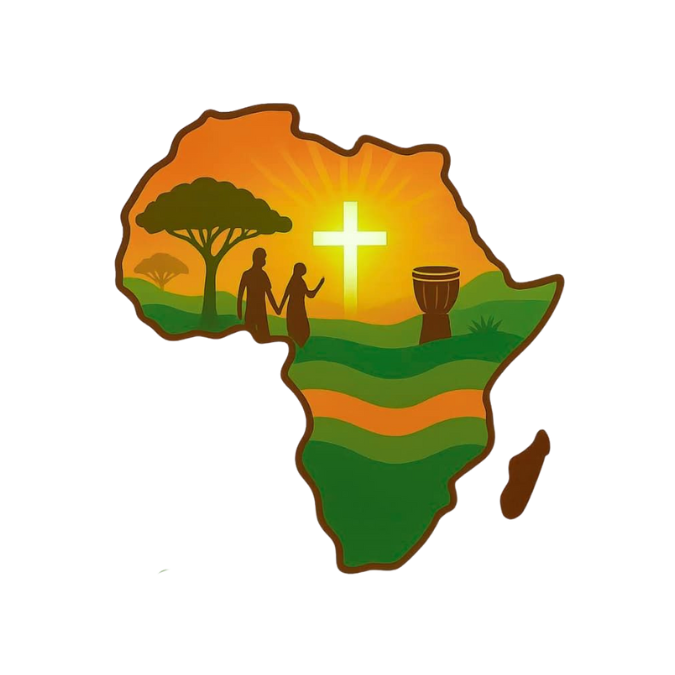
When Pope Pius XI instituted the Feast of Christ the King in 1925, he did so in a world shaken by turmoil. The first decades of the twentieth century had unleashed unprecedented storms: the First World War had torn nations apart; the Bolshevik Revolution had overturned the old order in Russia; Stalin was consolidating his iron rule; Mussolini was perfecting the rituals of fascism; racial ideologies were being weaponized across Europe and in colonial Africa; and religious freedom was shrinking under the weight of political absolutism and technological determinism.
Even the Pope himself remained a “prisoner of the Vatican,” the symbolic hostage of a long conflict between Church and state—a crisis resolved only four years later through the Lateran Treaty of 1929. Pius XI saw a world seduced by strongmen, enamored by personality cults, and in danger of replacing God with the worship of political idols. His response was bold: to proclaim that in a world of false kings, Christ alone is King. The world did not listen to the voice of the Church and descended into World War II—the most devastating sign to date of our human folly, the arms race, and the suppression in many parts of Africa and in the U.S. of the cries for freedom of the Black race.
Nearly a century later, Africa recognizes the same shadows. Across the continent, citizens describe the signs of our times with a sober clarity: shrinking civic space, collapsing state institutions, waves of extremism, politicized religion, the rise of populist movements, and a deepening crisis of leadership. Afrobarometer’s “Across Africa, public trust in key institutions and leaders is weakening” report confirms a troubling trend: only a small minority of Africans trust their national governments; majorities in many countries believe corruption is worsening; and in places like Nigeria, Zimbabwe, Mali, and Sudan, more than half of those surveyed say their countries are headed in the wrong direction. In several nations, barely one in ten citizens believes that leaders govern in the interest of the people. This erosion of trust is not merely political—it is moral and spiritual.
Citizens also fear the collapse of state capacity. Afrobarometer also reports that in many African countries, access to reliable healthcare, security, and basic public services is deteriorating. Across the Sahel, two-thirds of respondents report living in fear of violent extremism. In East Africa, trust in electoral commissions and political parties is at historic lows. And in parts of West Africa, majorities express a disturbing openness to military rule—not because they prefer soldiers to civilians, but because they feel trapped between bad choices. In Nigeria, the majority of the people have lost hope in their own agency and in the faint hope that their only savior is America—a nation that is currently caught between national discontent and national confusion because it misreads its national history and its trust in a person and a movement that is a cocktail of white grievance, white supremacy, and nativism. When democratic institutions fail repeatedly, people lose faith in the promise of democracy itself. This is as true in America as it is in Nigeria or any other part of the world.
This is the first reality confronting the Church in Africa: the decline of freedom and the weakening of states that no longer protect their citizens or uphold the rule of law. The second reality is the crisis of leadership. Data from both Transparency International and Afrobarometer confirm what Africans discuss every day: corruption is widespread, accountability is suffocated, and leaders often cling to power rather than serve the common good. In several countries surveyed, more than 70 percent of citizens say officials steal public resources with impunity. In many nations, young people report feeling excluded, unheard, and unable to influence political processes. Afrobarometer shows a clear pattern: where leaders respect institutions and govern transparently, citizens are safer and societies grow. Where accountability disappears, insecurity rises, capital flees, and social tensions escalate. Leadership determines destiny.
The third reality is the link between failing democracies and deepening underdevelopment. Nations that silence opposition, suppress free expression, and manipulate institutions see stagnation or decline. Afrobarometer has repeatedly shown that economic hardship and political disillusionment feed each other. People lose hope not only in governments but in the future itself.
These realities echo the world Pius XI faced exactly a century ago when he inaugurated the first celebration of the Feast of Christ the King—and they call for a prophetic Christian response.
The Feast of Christ the King is not merely a remembrance; it is a confrontation with all the false rulers of our age and the false idols of nation, religion, race, ethnicity, money, nations, sex, and power. It is a declaration that no earthly power—no autocrat, no party, no ideology—can claim ultimate sovereignty over the human spirit. Christ’s kingship is a radical critique of all forms of domination. He rules not by fear but by freedom, not by force but by love, not through propaganda but through truth. His throne is the Cross, His crown is humility, His scepter is service, and His law is mercy. He is the King who bends down—into history, into suffering, into injustice—to lift His people into freedom. He is a King who rules from the emptiness of the Tomb.
This editorial is therefore an invitation to African Christians to rise again in hope. Not the shallow optimism that ignores suffering, but the deep hope that emerges from faith and resilience. Hope that refuses to bow before the dictatorships of fear. Hope that sees beyond the collapse of systems. Hope that believes Africa is not condemned to repeat the failures of the past.
One of our editors recalls a simple but profound sentence I heard many years ago in a Catholic charismatic gathering: “Allow Jesus to take control.” It was not a call to passivity. It was not an invitation to fatalism or blind determinism. Not only that, but it was a spiritual summons to courage, humility, and trust. To allow God to take control is to allow the truth to take control, to allow justice to take control, to allow love to take control, to allow integrity to take control. It means surrendering the illusion of human power so that God can empower us for the hard work of transformation.
As we pass from the Feast of Christ the King into the holy season of Advent, this message becomes even more urgent. Advent is the season of waiting, longing, watching, and preparing. It is the season of active patience, the patience that builds, organizes, prays, confronts, sacrifices, and perseveres. Advent teaches us that God does not act according to human timetables, but God also does not abandon His people. Good things take time. Justice takes time. Healing takes time. Change takes time. But hope is the force that keeps us walking.
Africa needs this kind of Advent hope—hope that is both contemplative and active, patient and courageous, prayerful and practical. The Church must help our societies move from despair to hope, from paralysis to action, and from cynicism to renewed moral imagination. Christ the King calls us to reclaim our agency. Advent calls us to cultivate patient, disciplined, courageous faith. Together, they call Africa to begin a new pilgrimage.



